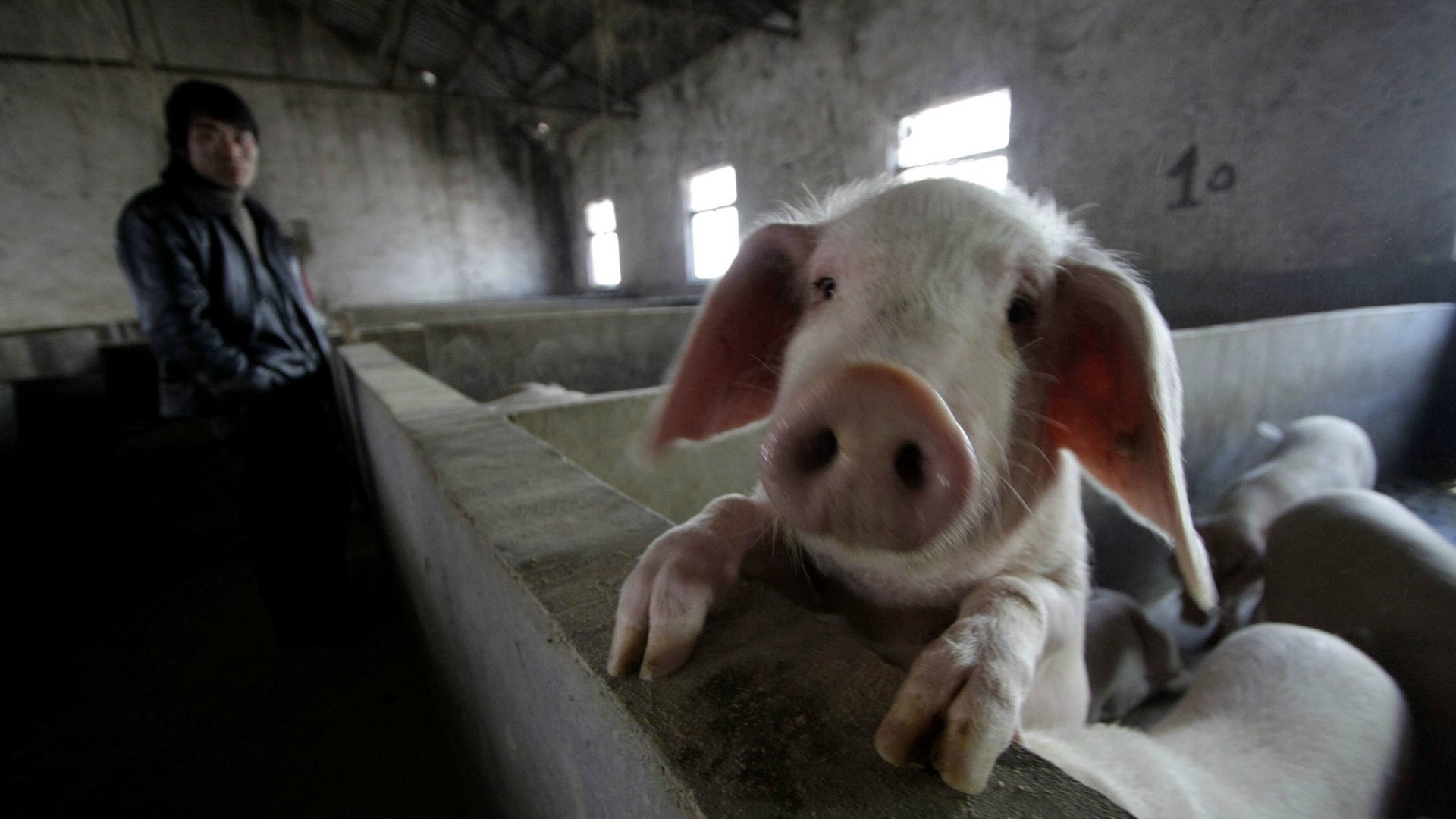Here’s why holding up the Smithfield-Shuanghui merger over heparin is pigheaded
The $4.7 billion takeover of the US pork producer Smithfield by China’s Shuanghui just can’t seem to shake controversy. The deal was first delayed on strategic pork supply concerns, and now US lawmakers have requested information from Smithfield because the merger “raises questions related to the safety and adequacy of the US heparin supply.”


The $4.7 billion takeover of the US pork producer Smithfield by China’s Shuanghui just can’t seem to shake controversy. The deal was first delayed on strategic pork supply concerns, and now US lawmakers have requested information from Smithfield because the merger “raises questions related to the safety and adequacy of the US heparin supply.”
Heparin, you see, is made from pig intestines. It’s a blood thinner used in heart surgery and kidney dialysis that is taken regularly by around 12 million Americans. The members of the House Committee on Energy and Commerce expressed two core concerns: first, that the US supply of heparin will be compromised because Smithfield’s production will all be sent to China and, second, that China will export dangerous heparin to the US.
The problem with that logic is that around 80% of the heparin in the US already comes from China—even after nearly 150 people died in 2007 and 2008 from contaminated batches. Making heparin is pretty disgusting work (see this New York Times photo if your stomach is up to it) and it’s predominantly done by a patchwork of small Chinese suppliers, with minimal quality control.
Part of the reason why Shuanghui wants Smithfield in the first place is to adopt its more sophisticated practices for hygienically and efficiently producing pork and pork products. Those include heparin. Lawmakers were concerned that another safety scandal in China could cause a spike in demand for Smithfield’s US heparin (much in the same way that a scandal has caused Europe to run short of baby formula), but a merger of the US and China’s biggest pork producers is more likely to go a long way to ensuring a healthy supply for both China and the US.